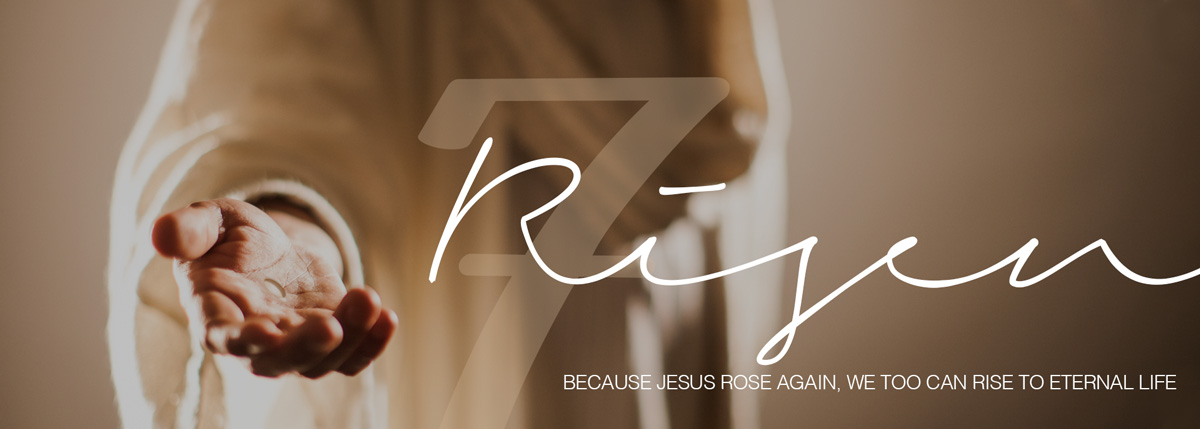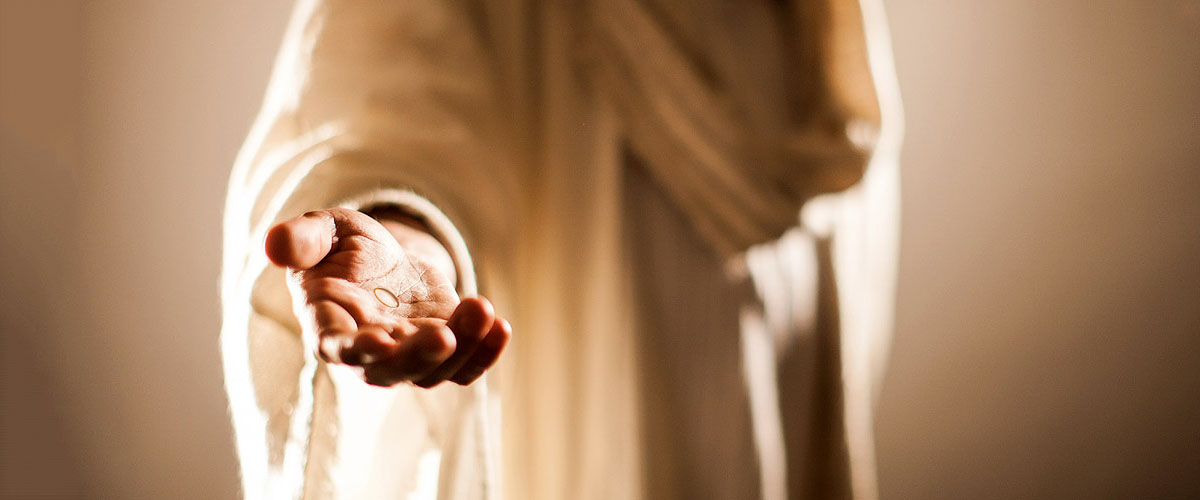Every believer is going to go through a season of wilderness. If you haven’t yet, you certainly will at some stage. It’s part of our spiritual formation and transformation under the lordship of Christ and in the love of the Father.
I’m not necessarily talking here of times of wilderness that come from sinful disobedience, but rather the times in which God is going to honour our desire for more of Him by leading us not beside still waters and green pastures but into the wilderness, because there is a work in us that can be done only in that place.
Although undesirable and painful, Scripture points to the wilderness being the making of many powerful and significant men and women of God.
Biblical Heroes of the Wilderness
Joseph was the anointed and appointed man of destiny who spent years in his wilderness as a slave and prisoner before rising to fulfil the work God had prepared for him. (Genesis 37-41)
Moses was the chosen deliverer of Israel from birth, but God had to prepare him for forty years in the wilderness near Horeb (Exodus 3:1) before being released to lead Israel out of the captivity of the Egyptians.
David was God’s anointed King who spent years on the run, hiding in the wilderness of Engedi, before he was eventually crowned king. (1 Samuel 24:1)
Elijah was God’s anointed prophet, but before the great showdown on Mount Carmel, he spent three years enduring the pain of his own prophecy (1 Kings 17:1f), living by a river, being fed scraps by ravens, eventually turning to a widow for sustenance.
John the Baptist was anointed by the Spirit from birth (Luke 1:15), but he lived in the desert for a couple of decades until the day of his appearing, preparing for and witnessing to Christ. (Luke 1:80)
Jesus Himself, after His baptism and anointing by the Spirit, was led into the wilderness, full of the Spirit, to face adversity, temptation and testing. He came out of the wilderness in the power of the Spirit, equipped to preach and demonstrate the in-breaking of the Kingdom of God.
These are examples of how the wilderness, when embraced and not resisted, form and transform us to live and love more like Jesus.
The question is: Having received the spirit of adoption and sonship in Christ, will we allow the Spirit to lead us into the wilderness so that we come to know not just the presence of God but the power of God?
Scripture reveals a pattern of God leading His loved ones into the wilderness to undergo seasons of temptation, testing and trial so that we might learn to live dependent on God and not ourselves.
In the wilderness there are going to be lessons we learn about the grievous nature of sin, ourselves, the Lord, His faithfulness, holiness, righteousness; as well as our human sinfulness, weakness and need for utter dependence on Christ to save and sustain us.
-
The Wilderness is a Place of Separation
Through the situations and circumstances of life, God sovereignly works to teach us lessons that we can learn only in the wilderness. It might well be a place of physical separation, but often it is a time of spiritual and existential separation.
A sense of moral, social, even spiritual disconnectedness is not unusual.
It is a place where we ‘travel light’. A place of stripping where we are laid bare of everything that insulates or inoculates us from receiving all that God has for us. It is a place of surrender.
But there is hope, because in the wilderness the devil and wild animals are also joined by the angels (Mark 1:13) and we learn that the Comforter is worth more than our discomfort.
-
The Wilderness is a Place of Revelation
In Hosea, God says, ‘I will lead her into the wilderness and speak tenderly to her’ (Hosea 2:14). In the wilderness Joseph received divine revelation to interpret dreams, Moses saw the burning bush, Elijah heard the still small voice of God, and the word of the Lord came to John the Baptist.
The wilderness separates us so that we can receive first-hand revelation, learning to discern, listen to and cherish the tender voice of God.
-
The Wilderness is a Place of Consecration
The wilderness is a place of choice and decision. We are confronted with the foundational questions of life: Who will I live for? How will I live?
In the wilderness we decide whether we will give up on God or go on with Him, whatever the cost. It is time for taking a good look at ourselves, for facing up to our sin, for breaking up the soil of our lives so that we can break through into more with God.
-
The Wilderness is a Place of Preparation
The great Winston Churchill faced his own wilderness years from 1929-1939 as he found himself in the political wilderness. It was a place of depression, disillusionment and a sense of failure. But it was also a place of preparation. From seeming obscurity, Churchill found himself thrust into the limelight as he led the defence of Great Britain and the defeat of Nazi Germany.
Moses, likewise, came out of the wilderness a leader equipped to lead God’s people out of Egypt. David came out of the wilderness as a leader trained to be king. John the Baptist came out of the wilderness the greatest prophet of the Lord.
Without the wilderness, could they have? Would they have?
-
The Wilderness is a Place of Grace
God is there in the wilderness waiting for us, longing and looking for us to seek Him out. It is a place of unusual grace, where hunger and thirst for God are both satisfied and enhanced.
Jeremiah said, ‘They found grace in the wilderness’ (Jeremiah 31:2).
The wilderness is a place of favour for the faithful, not torture for the sinful. Will our hearts press hard after Him? Will they stay loyal to Him?
Like the bride in the Song of Solomon (3:1f), will we seek after Him whom our soul loves although we do not at first find Him, or will our affection be diverted elsewhere? Will we cry out for the One whose intimacy we long for and desire, and yet seems too hard to find?
In the wilderness we find out our heart’s desire, and if that is God, and God alone, we will gain our heart’s desire.
‘What is that coming up from the wilderness like columns of smoke, perfumed with myrrh and frankincense… Behold, it is the traveling couch of Solomon’ (S of S 3:6).
Christ comes to meet us in the wilderness. It is in dry and thirsty places, places that feel like a desert, that we encounter the living Christ. It is here, and in these seasons, that we receive a depth and richness of God’s Spirit.
If you are in a wilderness place, or sense God inviting you into one, follow His tender leading. He is waiting for you.











